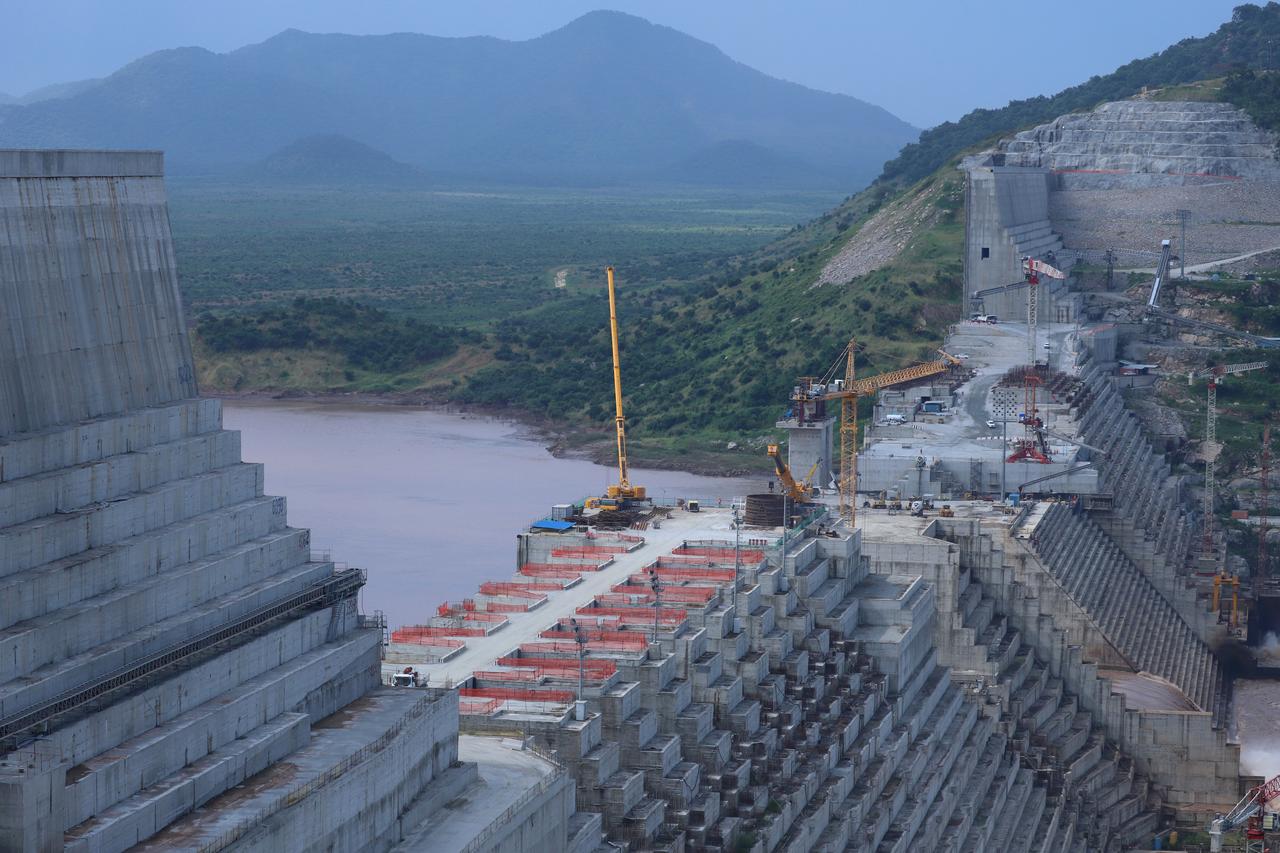
Ethiopian Foreign Minister: U.S. won’t pressure us into signing any deal on dam

Ethiopia says it will not be pressured by the United States into signing a deal with Egypt and Sudan over its controversial dam on the Nile River.
In an interview with The Associated Press, Gedu Andargachew said the three countries need to resolve their differences without outside pressure.
“In the talks held in Washington, D.C., around mid- February, we were pressured to quickly reach an agreement and sign a deal before resolving outstanding issues,” Gedu said, adding that his delegation told U.S. officials at the time that Ethiopia would not sign an accord under such duress.
“Then U.S. officials drafted and sent us an agreement, which we also opposed because the U.S. only has an observer status,” he said. “We are of the opinion that an agreement reached under pressure is not in the best interest of any one party to the talks.”
Tensions are rising over the impasse between Ethiopia and Egypt over the $4.6 billion Grand Ethiopian Renaissance Dam that Ethiopia is building on the Nile River. The stresses escalated after Addis Ababa did not attend the latest round of talks held in Washington on Feb. 26, citing the need for further domestic consultations.
When Ethiopia did not attend the Washington meeting, Egypt’s foreign ministry criticized what it called “Ethiopia’s unjustifiable absence … at this critical stage in the negotiations” and added “Egypt will use all available means to defend the interests of its people.”
Following the unsuccessful Washington meeting, U.S. President Donald Trump phoned Egyptian President Abdel Fattah al-Sisi and “expressed hope that an agreement on the Grand Ethiopian Renaissance Dam would be finalized soon,” according to a statement issued by the White House. This prompted speculation that Trump is favoring Egypt in the dispute.
Gedu says Ethiopia is now drafting its own proposal on how to resolve the standoff and it will be presented to Egypt and Sudan soon.
“We won’t subscribe to an agreement just because the U.S. and the World Bank came forward with it. We need to take time and sort out sticking points,” he stressed.
The mega-dam is around 71% complete. It will be Africa’s largest and produce 6.4 gigawatts of power. Ethiopia says the power from the dam is crucially needed to help to pull many of its 100 million people out of poverty, while Egypt warns that filling the dam’s reservoir too rapidly in the coming years will threaten its fair share of Nile River waters.
“We are building this dam inside our territory, with our water resource and using our own money,” said the foreign minister in Addis Ababa. “More than 65 million Ethiopians don’t have access to electricity. This is not acceptable. We are trying to pull them out of darkness using the power generated from this dam.”
Gedu said the main disagreement “stems from Egypt’s refusal to accept the rights other countries have on the river. There are attempts to enforce colonial agreements but that will never be accepted by Ethiopia. I know the Nile River is God’s gift for Egypt. The same is true for Ethiopia and Sudan. Egyptians should come to terms with that.”






